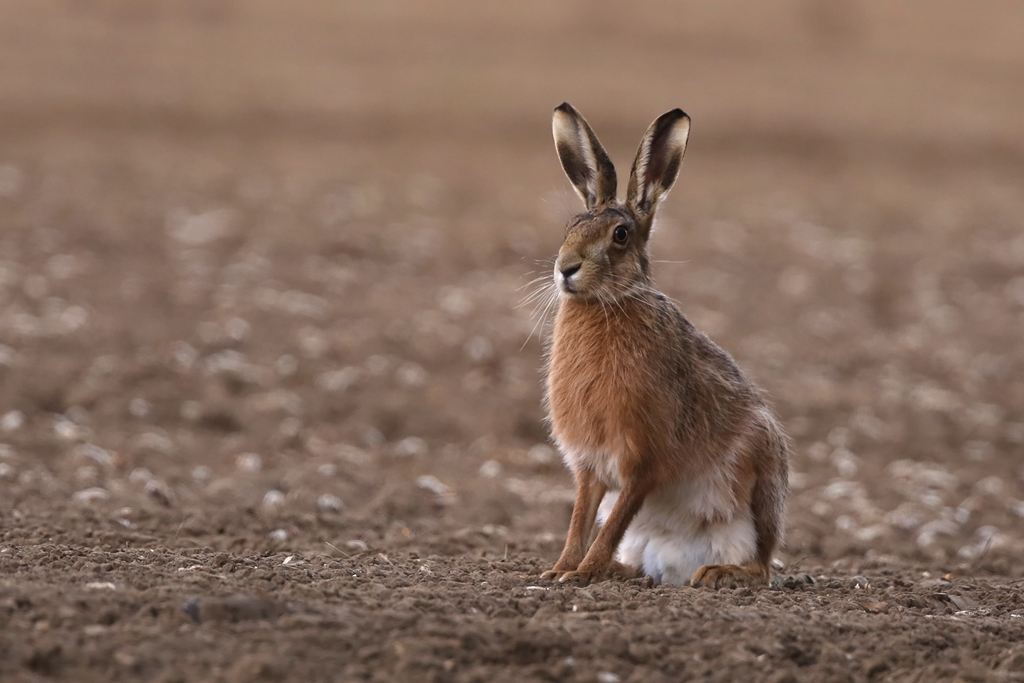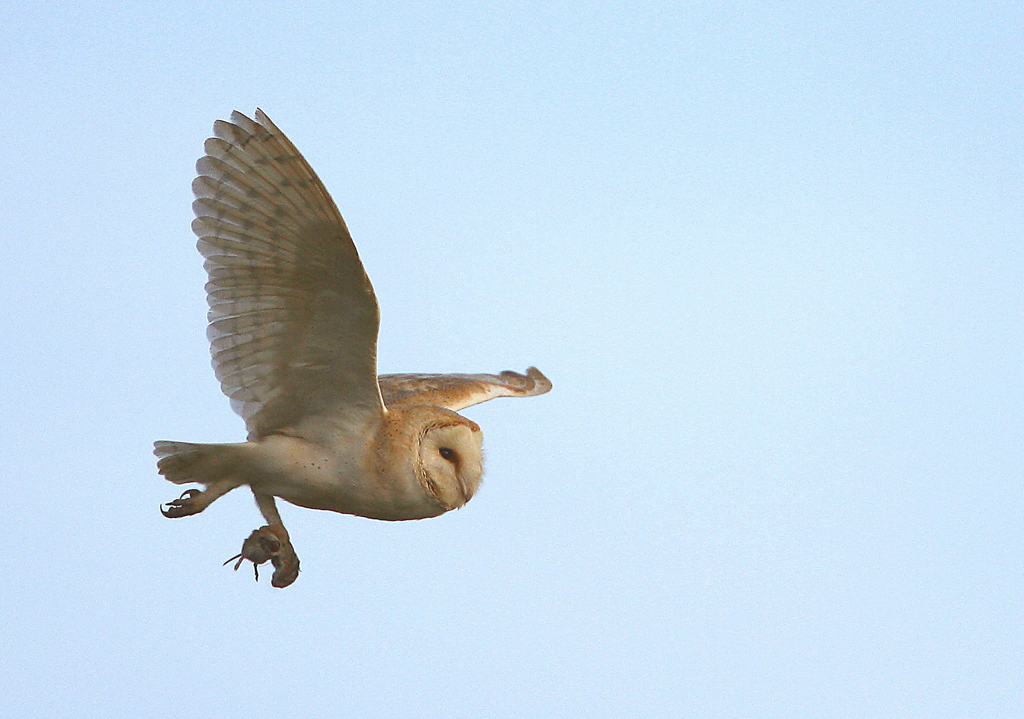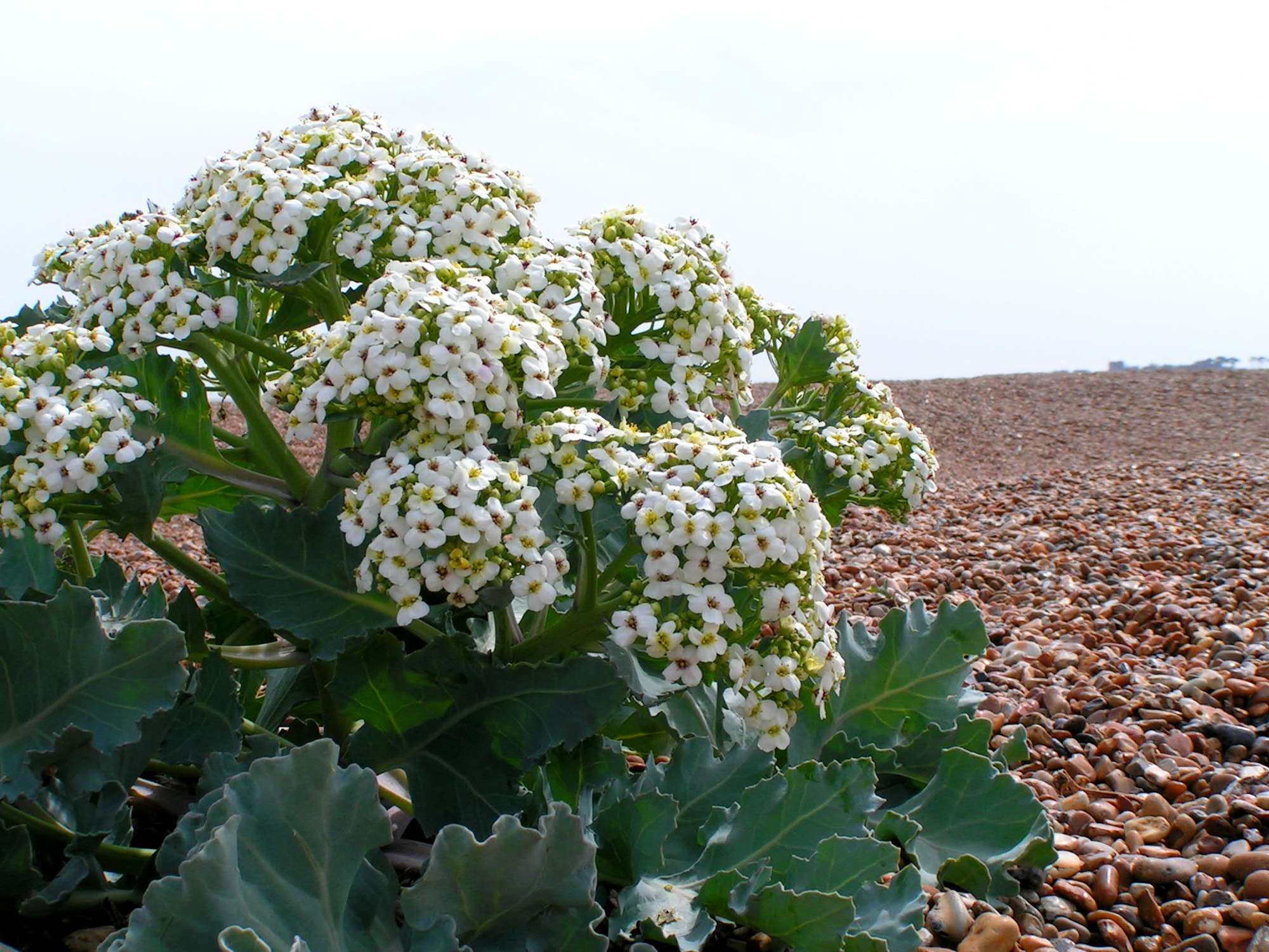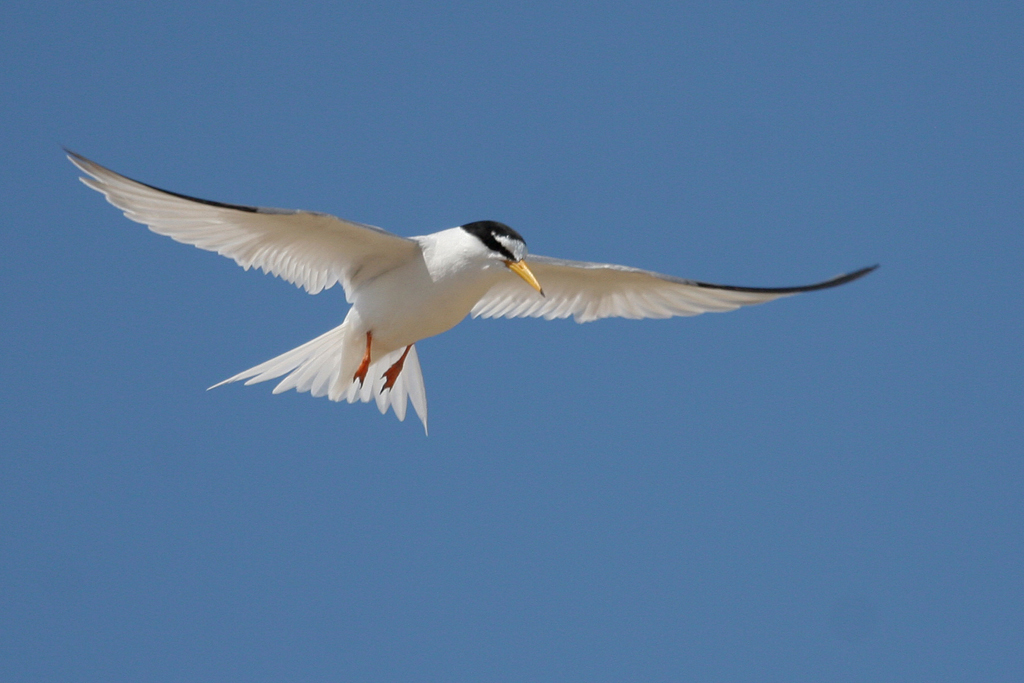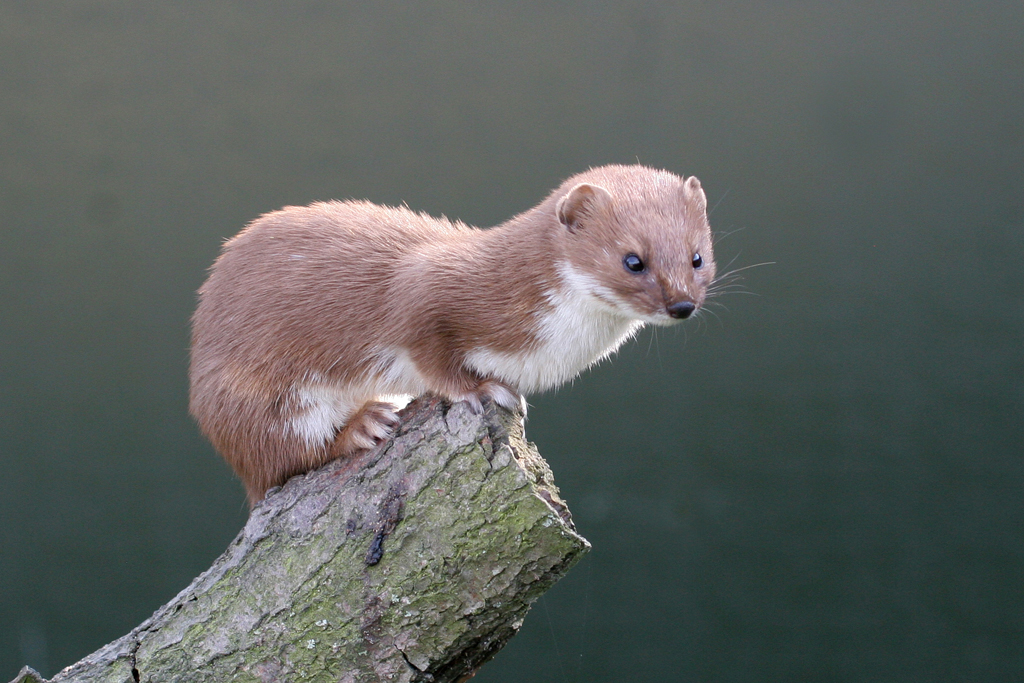In the Just William stories the hero was once asked to empty his pockets to see if there was incriminating evidence of some misdemeanour in them. He turned them out but all they contained were conkers and a bit of string. Good for him. I’ve been happily filling my pockets with conkers on recent walks, too. I love the bright mahogany colour and polished surfaces and the gentle ‘ping’ they make if one drops onto a hard surface; but above all I love their tactile qualities – the heft of them in the hand and the soft, slippery feel when you jiggle a few of them round together. Deeply therapeutic, and a reminder that touch is the first of the senses we acquire in exploring our world, and also the last to go as the others fade. It’s also the only one of the five senses that isn’t based on just one sense-organ but gives us an all-round bodily awareness. I must confess to being a bit of a tree-hugger for the same reasons. Don’t think I’m promiscuous, mind you – I have my standards. I’m especially attracted to trees with heavily corrugated barks like oak, sweet chestnut and black poplar. If you run your hands over one of those you can almost feel the life running through it and share something of its ancient strength and endurance.
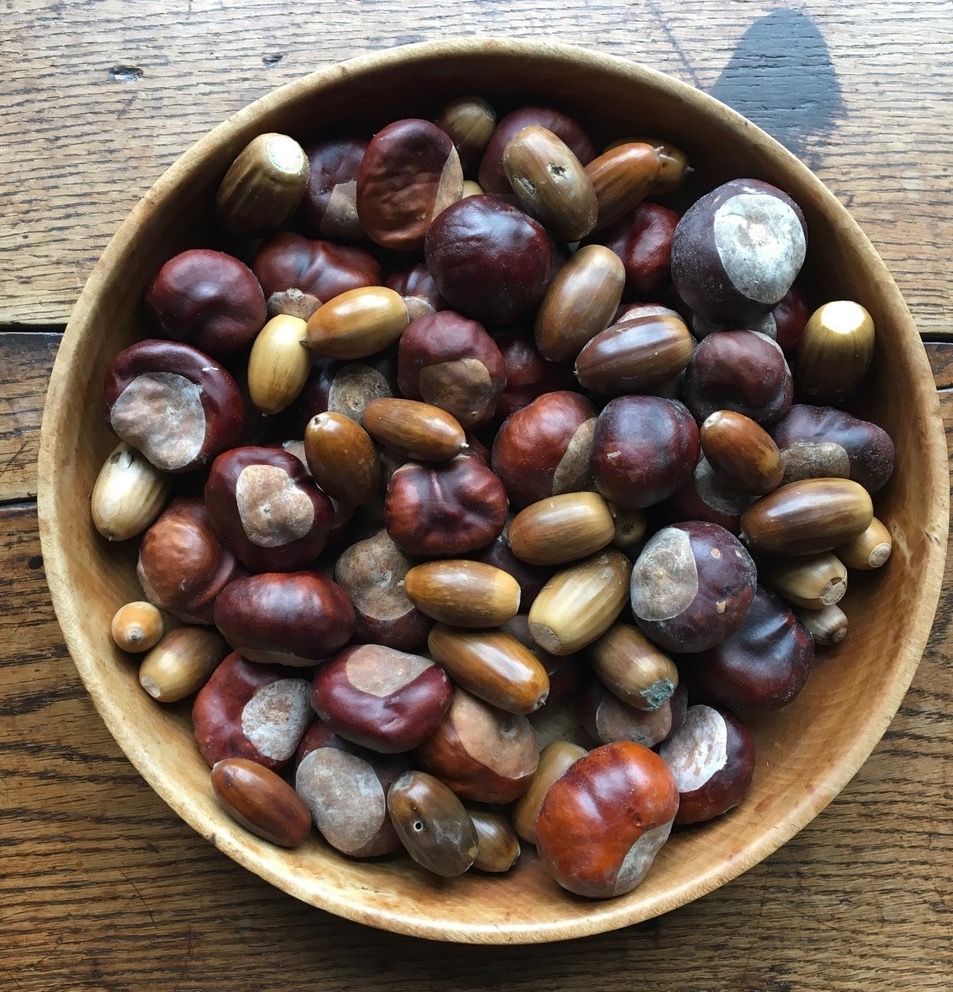
Oaks, of course, also give us acorns, another sensory delight, with that satisfying spherical shape, topped off with a rough warty cap. I also collect acorns in my pockets at this time of year and add them to the conkers to dress a bowl with autumn’s finest fruits. There is a tiny perfection about them, which was celebrated in a wonderful image by Julian of Norwich, the fourteenth-century visionary (and author of the first book in English by a woman). She held an acorn in the palm of her hand and declared it a symbol of the whole, living world.
Conkers used to be a common children’s game (hence William’s piece of string, I expect), before well-meaning authorities decided that it posed an insurance risk. We paraded our best conkers in competition, trying to convert a oncer into a twicer, or even a champion tenner. This led to all manner of underhand tactics like baking or pickling them to improve their concussive powers, but it did at least give children direct some contact with nature. We learned some years ago that the Oxford Junior Dictionary was dropping words like Acorn, Bluebell and Conker in favour of the new children’s ABC of Attachment, Blog and Chatroom. A terrible warning: lose the experience and you lose the language too.
Jeremy Mynott




